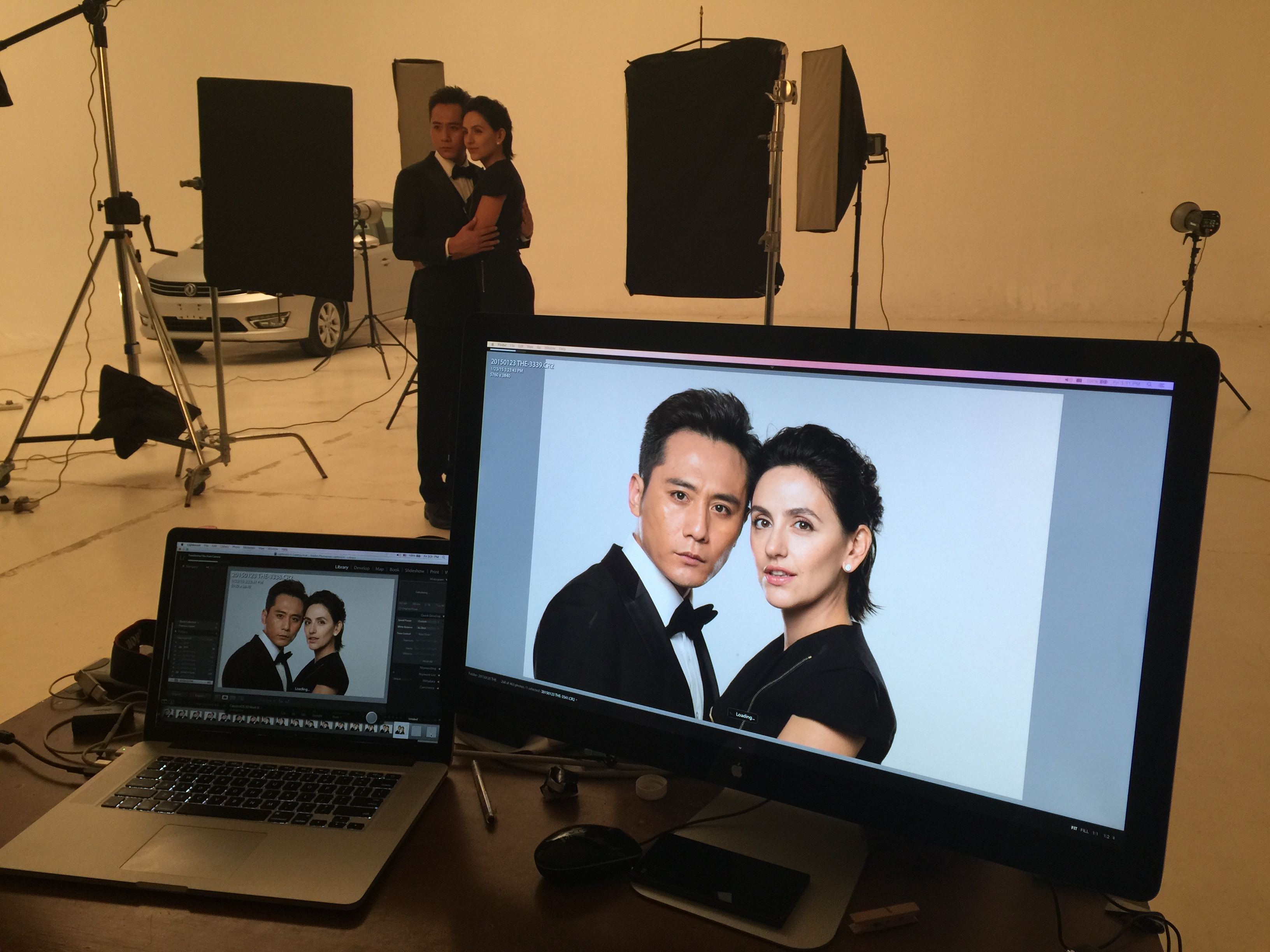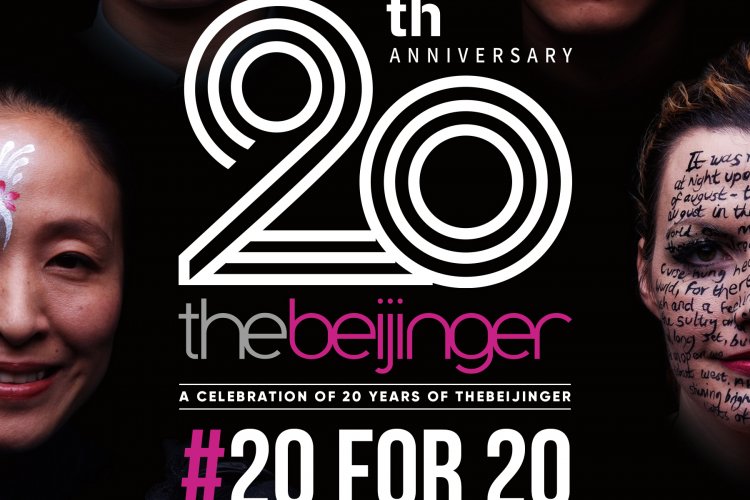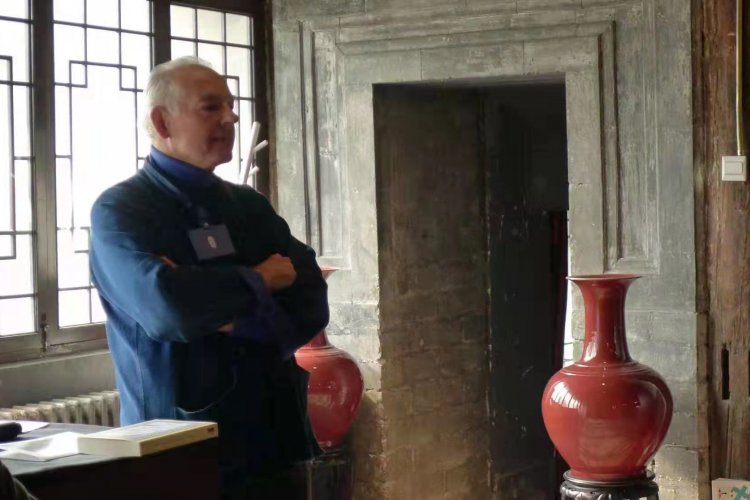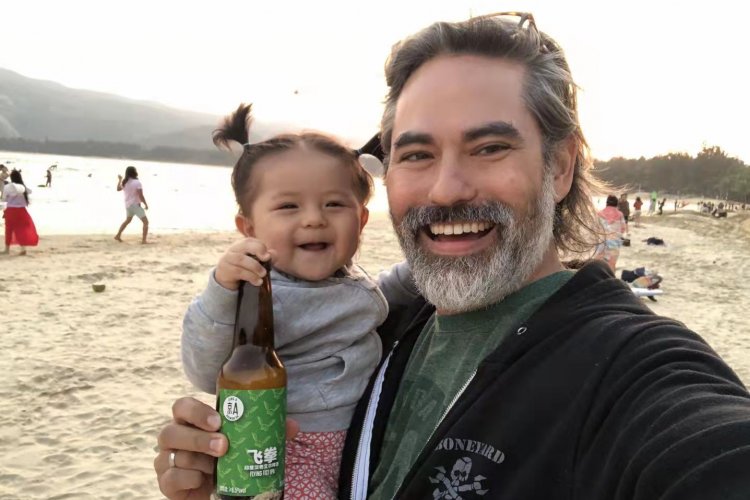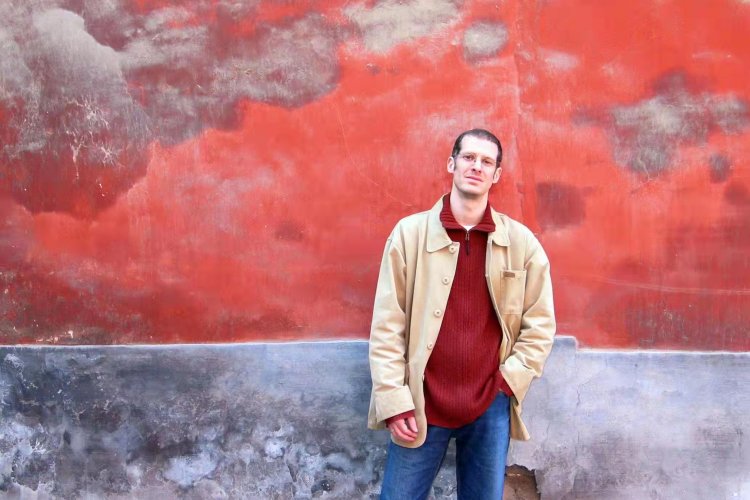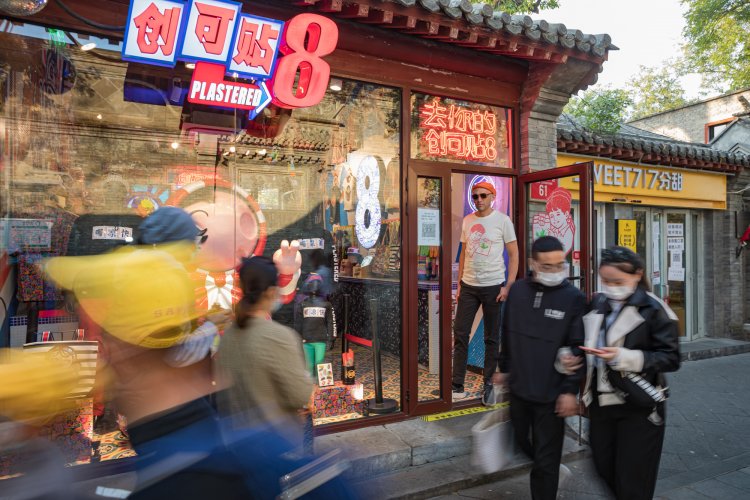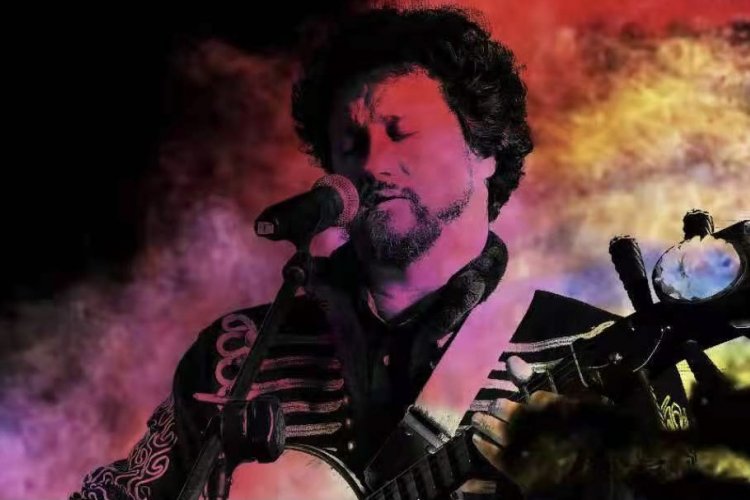20 for 20: Photographer & Actress Anaïs Martane
In 20 for 20, we profile 20 movers and shakers who, like The Beijinger, have called the capital home for 20 years or more.
I've said it once, and I’ll say it again: One of my favorite parts about Beijing is that you never know who you are going to run into, who you might meet, or how famous the person you’re sitting across from might be. Just such a chance meeting happened to me yet again, when I got the surprise opportunity to interview the lovely, chic, and stylish Anaïs Martane. Before Anaïs met her husband and love of her life, movie star Liu Ye 刘烨, her love, passion, and expertise in photography led to her shooting for TIME, Le Monde, ELLE China, and many other local and international publications. After meeting and starting a family, this couple continues to do even more amazing things, and their love story has long been a real-life fairy tale to friends, family, and netizens alike.
Martane was born in Nice, France. Even though she began studying Chinese in France at the age of 14 and visited Beijing as a high school student, her official arrival in China was in 2001 to study at Beijing Normal University. In addition to her love of Chinese culture and history, her Jewish heritage has also played a big part in her life and what she chooses to get involved in. She has a vast knowledge of the history of the Jewish immigrants who came to China and found peace, happiness, and refuge here, and she says that one of her lifetime missions is to further spread knowledge of the history of Jewish immigrants in China.
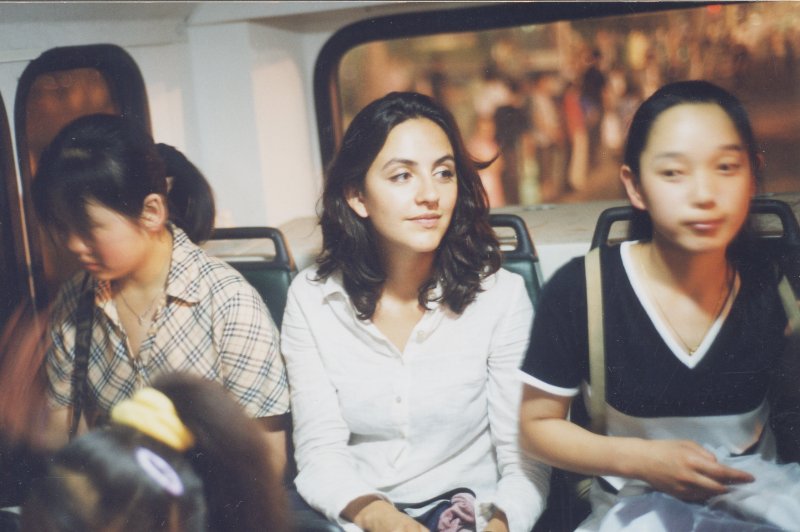
When did you first come to Beijing? What brought you here?
I learned Chinese in high school as a third language, and in the last year our teacher organized a trip to Beijing in the winter of 1997.
What were some of your first impressions of the city?
Cold, huge, immense sky, and a coal smell. I didn’t know for years what this smell was, but found out it was the smell of coal. There were all kinds of very, very, very different new smells.
I remember when we arrived from the airport, we drove to see Tiananmen Square. Driving there, I remember passing through parks early in the morning and seeing people in the square doing tai chi. It all amazed me.
When our bus stopped at Tian'anmen Square, I just had tears in my eyes. I can’t explain it. I felt the importance of the place, and how lucky I was – a little provincial girl that can come to such an important, historical place of the world.

Did you imagine at that time that you would still be here 20 years later?
Never, haha.
Can you tell us about one of your most meaningful first experiences in the city?
When I came back as a foreign student in 2001, my time was much more free to discover more. I already knew I loved photography, so I started to photograph the city. Everything traditional was my obsession: the hutong areas of the Dongsi destruction and reconstruction, parks, the places around the walls of the Forbidden City, repair shops, book shops, residential places where people would always invite me to come into their home... This time was full of [discovery] for me.

What has changed the most since you first arrived?
The people’s attitude. People were extremely friendly – not like now with heads down [over their phones]. But it’s a global change, not only Beijing.
How do you think Beijing has changed you as a person?
I arrived a young adult and became an adult. I couldn’t speak a word of English, and living with my Italian roommates, we were speaking Chinese together. But thanks to living an international life, to survive at that time we needed the Beijinger, which was all in English. Also, films [were] in English, so I learned English like that.

What are your three favorite places in the city (aside from your home)?
1. The Summer Palace, always and forever.
2. The Imperial Ancestral Temple area, where I like to visit places like galleries, maybe grab some tea.
3. Number three I will leave a mystery for now while I’m looking for new favorite cafés and bars where I can feel good and meet new people.
What’s one piece of advice you have for relatively recent arrivals?
Prepare to use WeChat daily and maybe to learn a bit of Chinese before you come. Watch all Zhang Yimou’s early films. Don’t hesitate to experience any Chinese foods. Be open to entering a whole new universe.

Can you tell me a little bit more about what inspired you to get into film and on stage?
I know a lot of this love for art, film, and photography was passed on to me from my parents, and I have also always loved these things. When I came to China, the amazing feelings that I was having and all the amazing people I was meeting was different than western media was portraying. [Western media] was much too critical. So this was a huge inspiration. I wanted to try and better share the lovely aspects of China that were often missed. I found a special peace in China, and I wanted to share this with the world.
Are you still doing what you came here to do, 20 years ago?
Absolutely not. But I am still more or less the same person who first came here, in my spirit. I always stayed true to who I am.
READ: 20 for 20: Environmental Lawyer & Filmmaker Laurence J. Brahm
Images courtesy of Anaïs Martane

